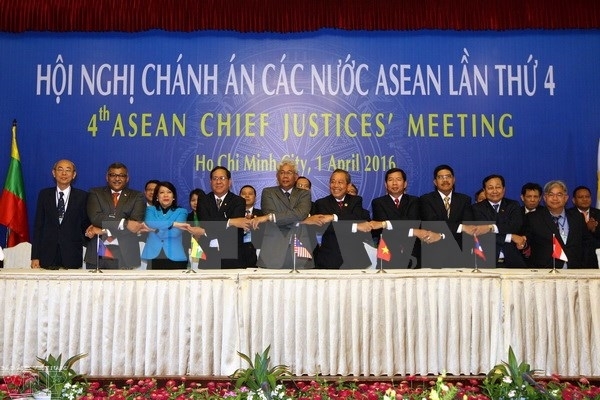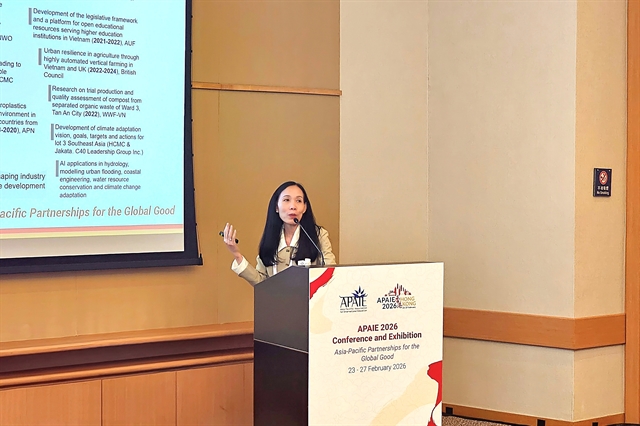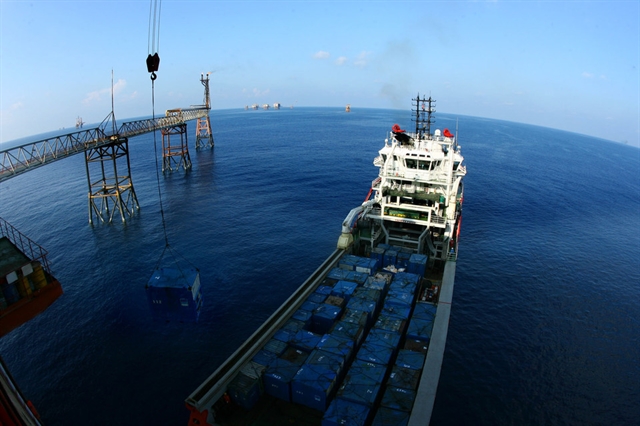 Politics & Law
Politics & Law

The 4th ASEAN Chief Justices’ Meeting issued a joint statement yesterday at the end of the one-day event in HCM City
 |
| The 4th ASEAN Chief Justices’ Meeting issued a joint statement yesterday at the end of the one-day event in HCM City.– VNA/VNS Photo Thanh Vũ |
HCM City – The 4th ASEAN Chief Justices’ Meeting issued a joint statement yesterday at the end of the one-day event in HCM City.
The statement affirmed the consensus of the bloc’s chief justices in pursuing the goal of strengthening judicial co-operation among the courts of ASEAN nations.
At the event, the delegates agreed to rename the ASEAN Chief Justices’ Meeting as the Council of ASEAN Chief Judges (CACJ).
The meeting agreed on the institutionalisation of the CACJ in order to turn the council into an entity of ASEAN in accordance with the charter of ASEAN, helping to boost long term stable co-operation among the courts of countries in the region.
The Chief Judge of Việt Nam’s Supreme Court, currently the Chair of the CACJ, is delegated to submit to ASEAN the proposal on recognising the CACJ, with the assistance of Singapore.
The CACJ also appointed representatives from each country’s tribunal system to establish a research group for the council’s tasks in the time ahead.
Singapore is assigned to continue with negotiations to seek sponsorship for the ASEAN Courts’ portal.
Việt Nam’s National Assembly Deputy Chairman Uông Chu Lưu said that Việt Nam strongly supports ASEAN countries’ courts to organise similar forums on judicial co-operation between the bloc members in the future.
The ASEAN Chief Justices’ Meeting is an annual event, with the first held in Singapore in 2013. The second and third meetings were hosted by Malaysia and the Philippines in 2014 and 2015, respectively.
The fourth one, organised in Việt Nam, focused on five main areas: building common internet portal for ASEAN member countries’ courts, judiciary training, applying technology during court trials, and trans-border child trafficking.
The 120 attendees from 10 countries also discussed how member states could exchange practices on legal and judicial reforms and standardise certain norms for the judiciary across the region.
The meeting has ratified and implemented the establishment of a portal for ASEAN countries’ courts, a mechanism to transmit legal documents in civil procedures between ASEAN members, and cooperation in judicial training. – VNS




